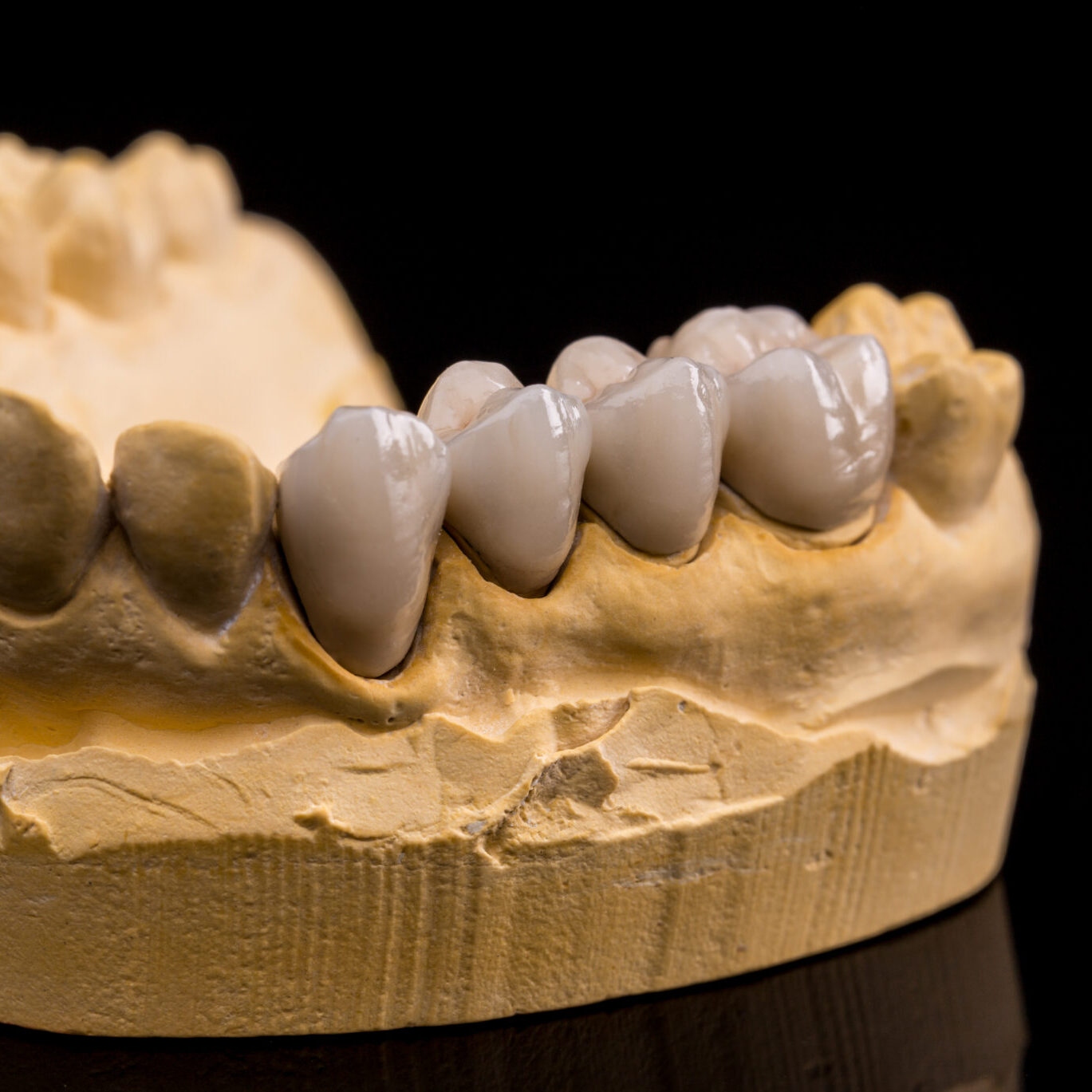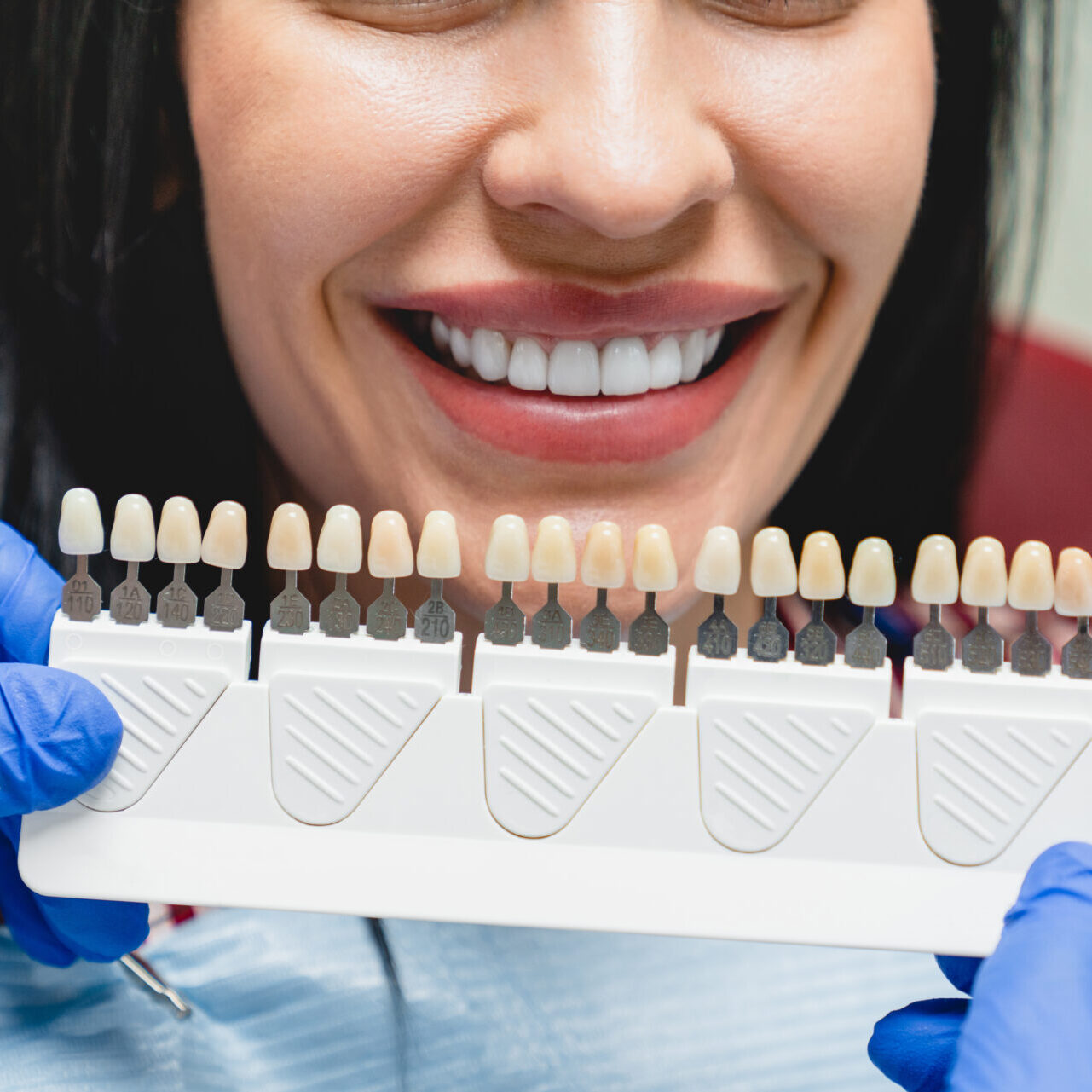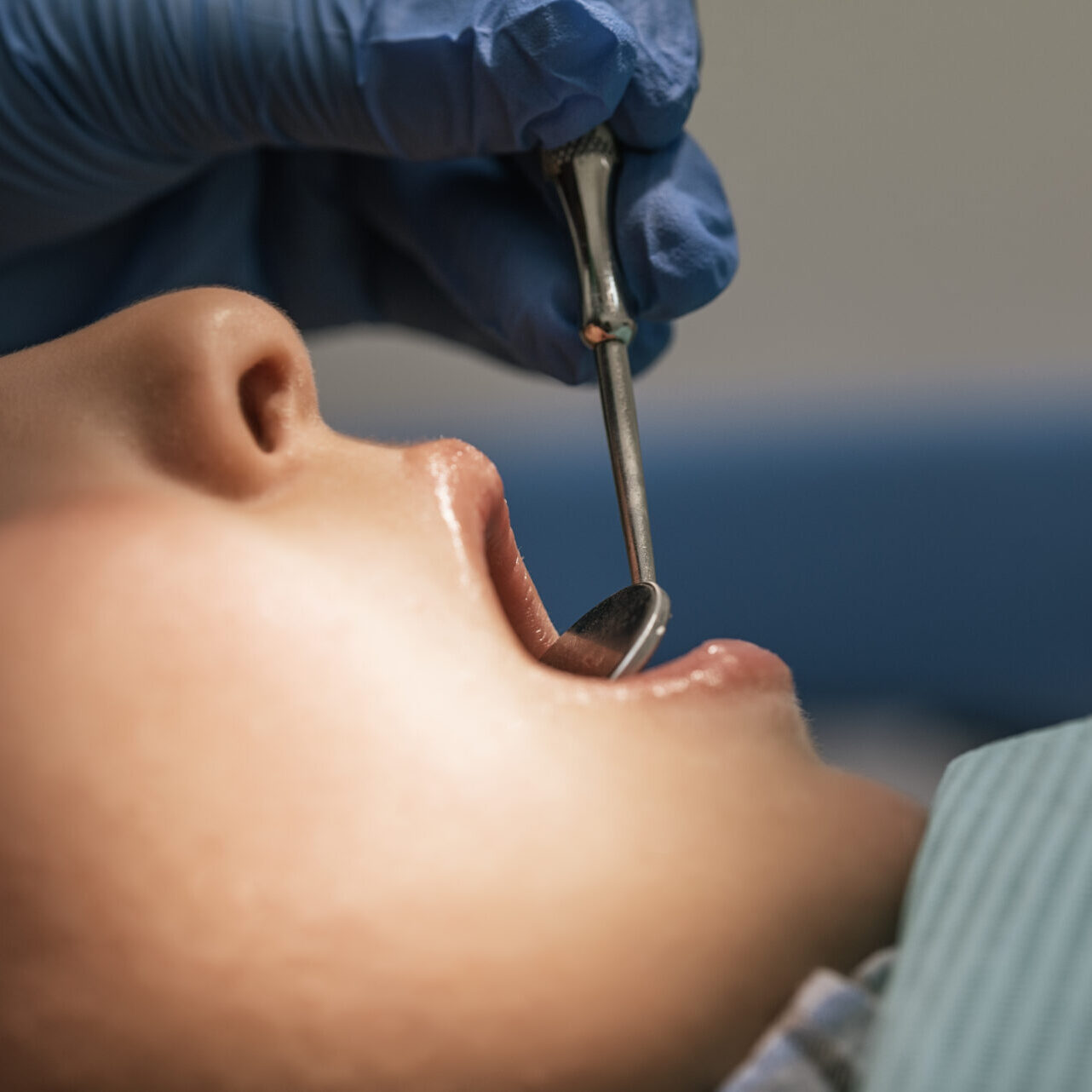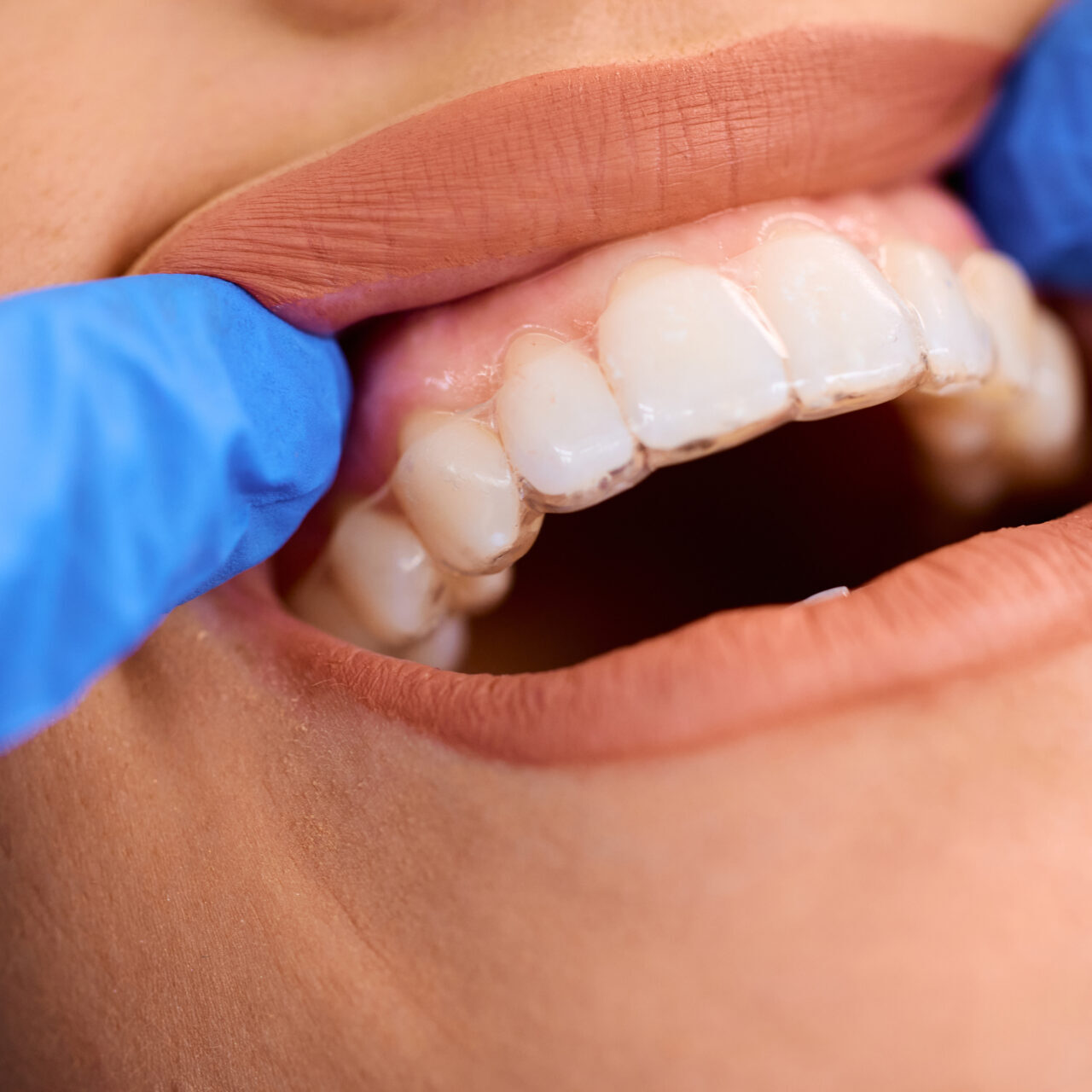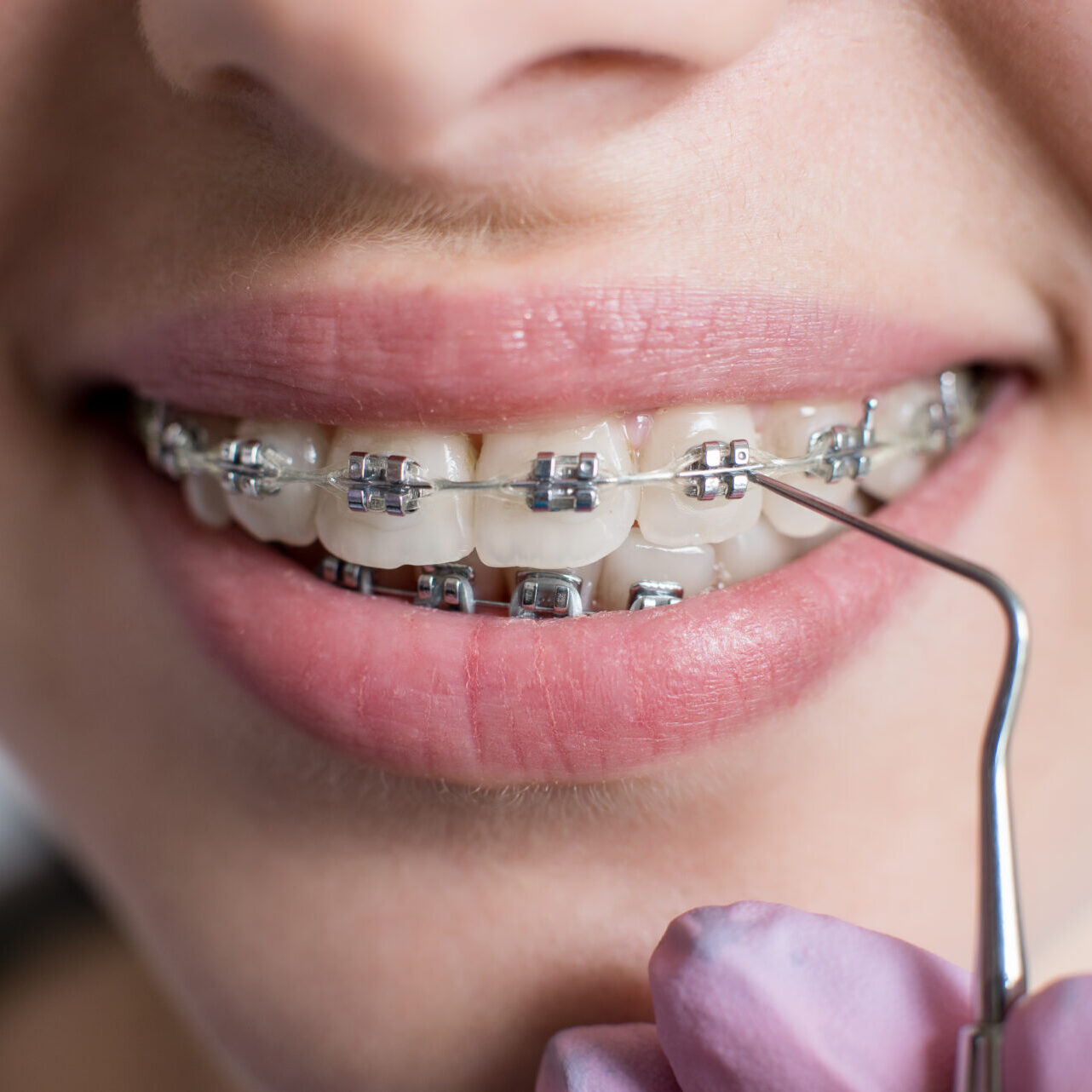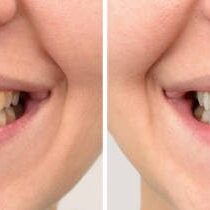TMJ
Temporo-mandibular joint dysfunction (TMJ)
A temporo mandibular joint (TMJ) disorder is basically something going wrong with your jaw joint. You can feel your jaw joint by placing your fingertips in front of your ear lobes as you open and close your mouth.
When the opening and closing of the jaw are out of alignment or not working correctly it can cause localised pain to the area or spread to include aching of the face, neck and head, and sometimes unusual clicking or grinding noises. In severe cases, the jaw may lock in certain positions.
What are the symptoms of TMJ?
- Sharp pains along the jaw ling
- Headaches, especially on waking
- Soreness in the joint
- Restricted movement in opening the jaw
- Lock jaw – where the jaw locks in a certain place
- Swelling
- Difficulty chewing or pain when chewing
- Neck pain that doesn’t resolve with conventional treatment.
What causes TMJ?
- Clenching or grinding habits – including teeth grinding or clenching, lip or cheek biting.
- Malocclusion – when the teeth of the upper and lower jaw meet unevenly.
- Muscle tension – leading to forceful chewing and jaw movements
- Wear and tear of the joint – causing internal problems within the joint, including the cartilage
- Diseases – such as rheumatoid arthritis that affects the jaw joint.
- Trauma – such as whiplash from car accidents, falls or sports injuries.
- Previous dental work – A misplaced or misaligned filling or tooth can affect the alignment of your top and bottom teeth and contribute to TMJ.
TMJ Treatments in Melbourne
Your treatment will depend on the severity of the malocclusion and damage to the surrounding ligaments around the jaw bones. Treatment range from at home therapeutic remedies and exercises through to surgery.
Basic treatments for TMJ include:
- Eat soft foods to decrease the amount of chewing required. Avoid hard and crunchy foods, chewy foods and thick and large foods that require your mouth to open wide to fit.
- Wear a splint or night guard. The main difference between splints and night guards is that night guards are only worn at night and splints are worn all the time. Your dentist will discuss with you what type of mouth guard appliance you may need.
- Undergo corrective dental treatments. Corrective treatments including replacing missing teeth and using crowns, bridges, or braces to balance the biting surfaces of your teeth or to correct a bite problem.
- Avoid extreme jaw movements. Keep yawning and chewing (especially gum or ice) to a minimum and avoid extreme jaw movements such as yelling or singing.
- Don’t rest your chin on your hand or hold the telephone between your shoulder and ear. Practice good posture to reduce neck and facial pain.
- Keep your teeth slightly apart as often as you can to relieve pressure on the jaw. To control clenching or grinding during the day, place your tongue between your teeth.
- Learning relaxation techniques to help control muscle tension in the jaw.
- Medication to manage swelling and pain
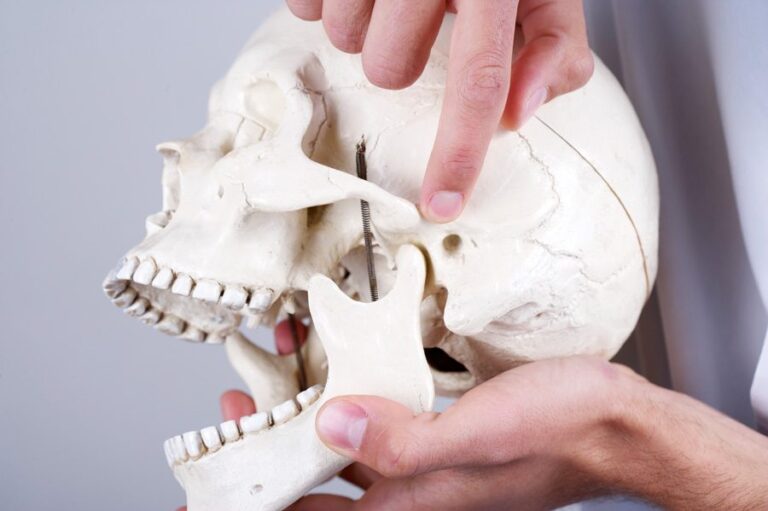
Contact our Team
Opening Hours
Monday 8 am–5 pm
Tuesday 8 am–5 pm
Wednesday 8 am–5 pm
Thursday 8 am–5 pm
Friday 8am–5 pm
Saturday Closed
Sunday Closed
Phone
(03) 9671 4746
reception@metrodental.au
Address
Druids House
Level 6, 407 Swanston St
Melbourne VIC 3000


